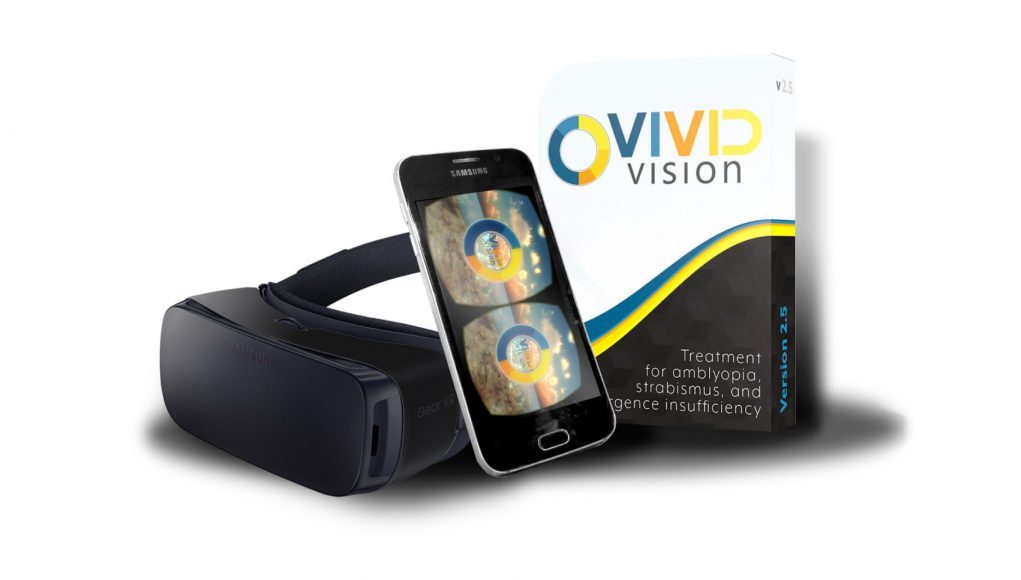VR-based vision therapy company Vivid Vision announced today that it has secured the EU’s regulatory CE Mark, which certifies that the product conforms to the region’s relevant health, safety, and environmental protection standards. Following the certification, the company is expanding its offering into Europe, with Asia next on the roadmap.
Vivid Vision employs VR headsets and gamified vision therapy software to treat binocular
vision disorders such as amblyopia, strabismus, and convergence insufficiency. The treatment, which last year saw positive results in a peer-reviewed study, is an alternative to treatments like eye patches and eye drops. The company asserts that their VR approach to these disorders leads to greater rates of success because of the treatment’s high levels of patient engagement.
Vivid Vision announced today that it’s working with medical imaging distribution company VISUS, based in Stuttgart, Germany, as a European distributor of their VR-based vision therapy solution.
The Vivid Vision software isn’t something you can download yourself; it’s a tool for optometrists who can decide if the therapy is right for patients. The company says 116 providers are presently offering the treatment, and actively maintains a list of providers on their website.
While initially the treatment was only offered during office visits, back in October the company introduced the Vivid Vision Home suite, which allows doctors to send patients home with a headset to complete the therapy on their own time, between checkups.
In addition to bringing their VR-based vision therapy to Europe, Vivid Vision says they’ve opened their first office in Tokyo, and plan to expand their solution into Asia throughout 2018.







